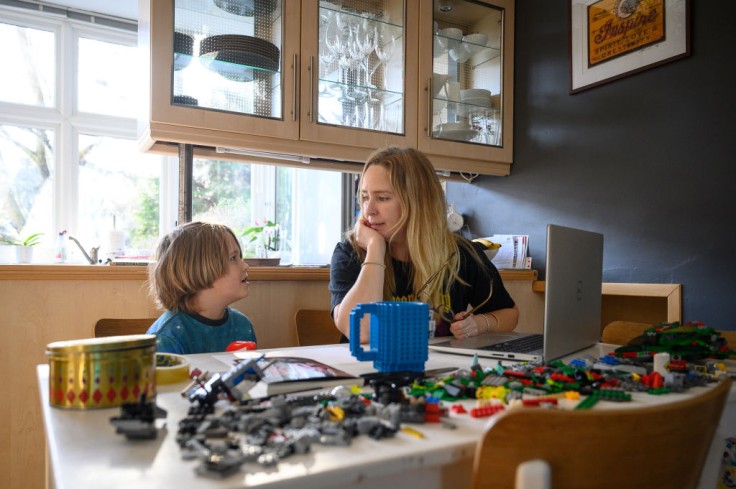
In the modern era of education, the term "homeschooling" has evolved from a niche choice to an increasingly popular mode of learning.
For many parents, homeschooling presents a unique opportunity to cater to their child's individual educational needs.
Yet, one concern remains at the forefront of every homeschooling parent's mind: "socialization."
How does one ensure that a homeschooled child isn't just academically proficient, but also socially adept?
Misconception of Homeschooling and Socialization
Before we delve into strategies for ensuring social connections, it's essential to dispel a frequent misconception about homeschooling.
Many have the preconceived notion that homeschooling confines a child to the home, limiting their social interactions.
However, a surprising truth many homeschooling families would vouch for is that only a fraction of homeschooling truly takes place within the household.
In reality, most homeschooled children wrap up their academic assignments in just a few hours, freeing up ample time for other pursuits.
This abundant time often leads to activities that require them to interact with others outside the home environment.
In fact, a significant portion of their learning experiences often occur in community settings like homeschool co-ops, or through extracurricular classes and activities tailored specifically for homeschooled children and their families.
While homeschooling may not mirror the daily social backdrop of a traditional school, it doesn't inherently curtail social opportunities.
In many cases, with intentional effort, homeschooling can offer even richer and more diverse social experiences than conventional schooling.
Strategies for Ensuring Social Connections in Homeschooling
Understanding the importance of socialization is vital. Social skills aren't just about making friends; they're fundamental to a child's overall development.
Socialization contributes to emotional intelligence, empathy, conflict resolution, and more.
Ensuring social connections in a homeschooling environment requires intentionality, but the rewards are well worth the effort.
- Local Community Groups: One of the perks of homeschooling is the flexibility it offers. Use that to your advantage by joining or establishing local homeschooling groups. Such groups often organize field trips, science experiments, and group activities, offering children an environment to learn and socialize simultaneously.
- Extracurricular Activities: Who said that socialization needed to happen within the confines of school? Enroll your child in local sports teams, drama clubs, dance classes, or music groups. These activities provide them with the chance to meet peers with similar interests.
- Community Service: Volunteering is a brilliant way to ensure children are not only learning but also connecting with their community. This form of socialization teaches compassion, teamwork, and responsibility.
- Interactive Online Classes: The digital age has introduced a plethora of online platforms tailored for homeschoolers. While face-to-face interaction is ideal, these platforms can supplement and ensure regular interaction with peers in a structured learning environment.
- Social Skills Curriculum: Believe it or not, there are curriculums specifically designed to teach social skills. Incorporating these into your homeschooling routine can provide structured guidance on fostering these vital skills.
Navigating the Challenges
Ensuring social connections in a homeschooling setting isn't without its challenges. But with challenges come opportunities.
The homeschooling journey allows parents and children to think outside the box, to seek diverse social experiences, and to foster connections beyond the classroom.
Homeschooling and socialization are by no means mutually exclusive.
By ensuring social connections actively and creatively, parents can ensure that their children are receiving a well-rounded education, both academically and socially.
Remember, socialization isn't just about quantity; it's about the quality of interactions. And with the right strategies, homeschooling can provide the best of both worlds.
Related Article: How To Evaluate Your Child's Educational Progress in Homeschooling